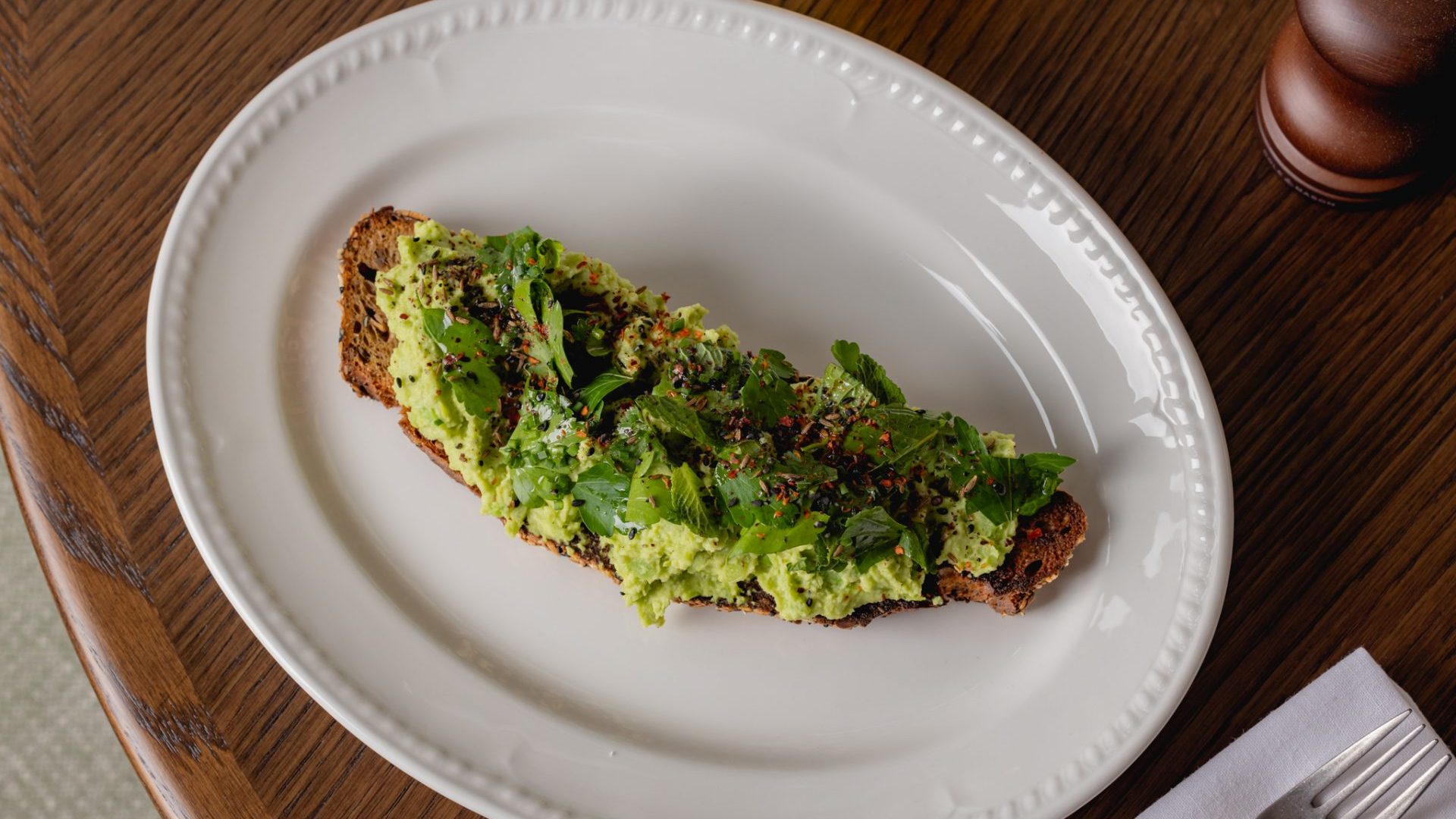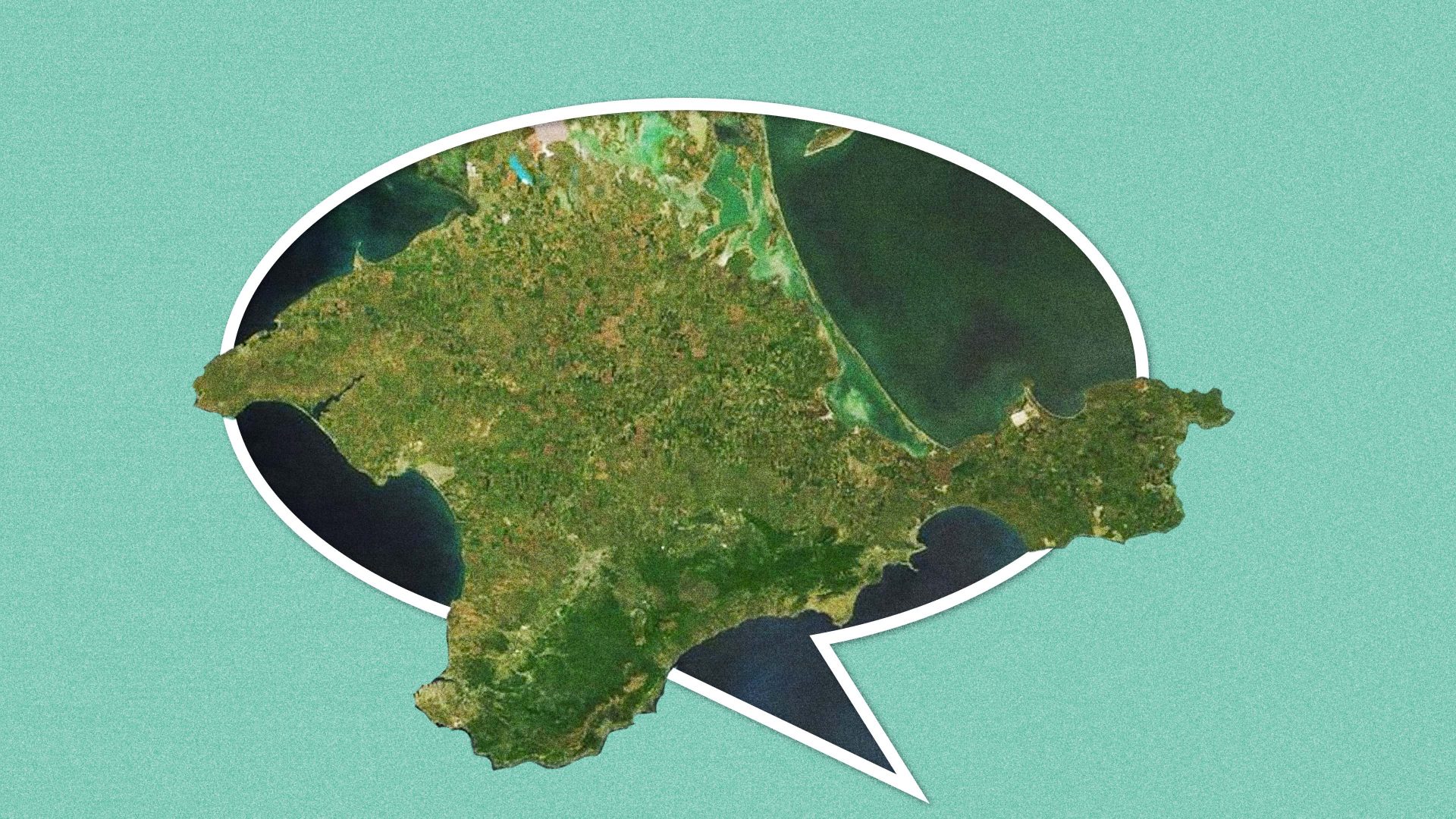Some scholars believe Pythagoras, the Ionian Greek mathematician whose boring triangles still plague British schooling, chose not to eat meat. Something to do with morality and his belief in the doctrine of metempsychosis, the transmigration of the soul upon death. Why eat beef when you might come back as a cow? A multi-dimensional sort of cannibalism.
Others argue differently, proffering the idea that Pythagoras was less regimented when it came to dietary restriction. After all, there were ancient writers who suggested he ate animals killed for sacrifice and others who said he enjoyed all meat and fish except oxen – used for ploughing – and rams.
Unsettled distinctions aside, there is one universally agreed supposition: Pythagoras prohibited his followers from consuming broad (fava) beans. This is because broad beans might bring about considerable bouts of wind. The Samos-born philosopher was anti-gas and felt expelling it took away the “breath of life”. Other historians word this differently: he thought broad beans contained the souls of the dead.
Pythagoras, then, would not have enjoyed this week’s recipe, broad beans on toast. Given he died in 495BC, maybe this doesn’t matter. Then again, if metempsychosis is anything to go by, he may well be walking among us still. What if the philosopher has returned, time and again, and is with us today as a goose?
Personally, I like to think of him as a reluctant hero, wandering the grounds of a chaotic Home Counties comprehensive and gazing through the windows. “The hypotenuse is incorrect,” he would’ve said had he looked upon my attempts.
I love broad beans, soulless or not. And given they’re in season, bouncy and abundant, Tom Cenci’s dish wherein they are crushed up, spruced up by chilli, fennel and lemon juice and blanketed by a mixture of herbs seems like a good way to go. Here is a fresh dish ideal for the heatwave. Pleasing with a retsina, probably.
Not avocado on toast
Serves 2
Ingredients
250g fresh broad beans fresh (use frozen if necessary)
50ml olive oil
1 lemon, zest and juice
Salt and pepper
Pinch fennel seeds
Pinch cumin seeds
Pinch caraway seeds
Pinch cumin seeds
Pinch chilli flakes
Mixed herbs like dill, parsley, mint and tarragon
2 slices of sourdough bread
Method
Peel the broad beans, cooking them in boiling hot water for 30 seconds. Cooling them in ice can make peeling the skins off easier, but it isn’t necessary.
Pulse the peeled beans in a blender with the olive oil, lemon and salt and pepper. Don’t make it too fine, just blend enough to break the beans up. Taste for seasoning and set aside.
Next, toast the spices in a pan until the aroma starts to come out of them and allow to cool in a bowl.
Toast the sourdough bread then spread the broad bean mix over. Sprinkle with the toasted seeds and finish with soft herbs and an extra drizzle of olive oil.




